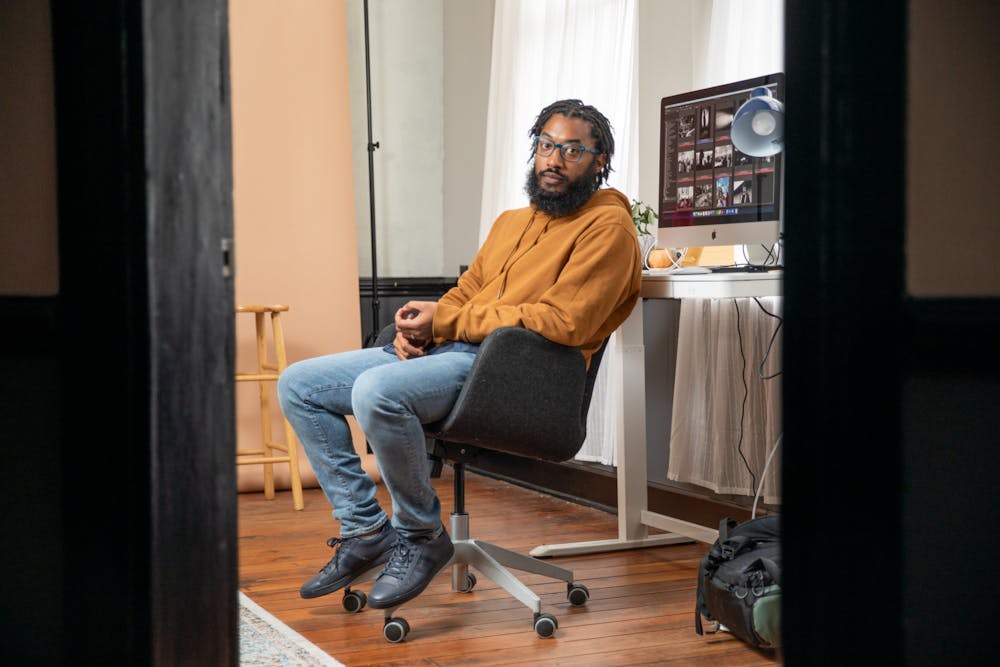On Thursday evening, the University announced that Vice Chancellor for Research Terry Magnuson would resign.
The announcement comes after the federal Office of Research Integrity published a report Tuesday stating that Magnuson "engaged in research misconduct by intentionally, knowingly, or recklessly plagiarizing text."
In Thursday's Committee on Community and Diversity meeting — which was held prior to the announcement — Rumay Alexander, clinical professor in the UNC School of Nursing, asked attendees to describe how they felt in one word.
“I think I’d say 'embarrassed,'” Sheila Kannappan, a professor in the Department of Physics and Astronomy, said. “I don't know what it is about UNC that we can't be even remotely ethical.”
The committee also discussed the University's response to photographer Cornell Watson's "Tarred Healing" photo story, as well as student and faculty evaluations.
What’s new?
- Alexander said the University should have formative student evaluations, not summative ones.
- She said the feedback from the student evaluations is meant to help the faculty members grow, not to be used as a fear tactic.
- “The feedback should help the faculty member become better to help understand how they're being seen, and what students say might be helpful," Alexander said. "But it's a part of their growth, it's not to be used as a punishment or a penalty.”
- Kannappan said faculty evaluations can also help set expectations of other staff and faculty members.
- “Basically, other teachers would evaluate us — not for promotion, and not for reappointment — but to just help us grow,” she said.
- She said the feedback from the student evaluations is meant to help the faculty members grow, not to be used as a fear tactic.
- Kannappan also suggested creating summaries of the students' evaluations for faculty members and other students to use as a resource.
- This would include a short description about a class and professor with real and true statements taken from student evaluations, she said.
- “So, it’s just a paragraph that is made public to students for the future,” Kannappan said. “Instead of them relying on Rate My Professors and the other websites (students) use, which are always either extremely positive or extremely negative, there would be a public synopsis of the statistically fair data that we get.”
- The committee discussed how the surveys and websites like Rate My Professors are not always accurate.
- Some students make poor comments about a class or faculty member, Kannappan said.
- “This is a diversity issue because people of color and women, I mean, there's a lot of studies that show they're much more likely to be targeted with hostile comments,” she said.
- The committee also spoke about its intention to brief Provost Chris Clemens on its concerns regarding student wellness and diversity, equity and inclusion at UNC.
- “I feel like there is some really great work being done by a lot of us on diversity and equity issues, and it's overshadowed by the negative news,” Kannappan said.
What’s next?
- In the coming weeks, the committee will draft a report and a list of concerns and changes it would like to see in the University to send to Clemens, Alexander said.
- The committee will continue to work on its annual report to faculty government due in April, Alexander said. The committee will meet again April 11.



